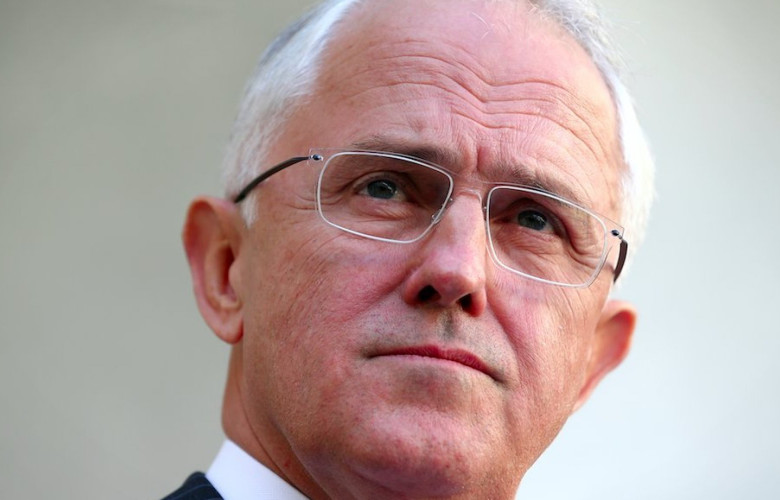Negative gearing shaping up as election battleground
Contact
Negative gearing shaping up as election battleground
Vested interests are rallying from all sides, after the government rules out negative gearing changes.
The federal government is facing a fierce battle on the long road to the 2016 election, as parties from all sides weigh into the negative gearing debate.
The Housing Industry Association, which represents Australia's residential building industry, has supported the government's stance. It says that negative gearing stimulates the construction of new homes, driving economic growth, and ultimately saving the government money.
“Negative gearing promotes private investment in the residential rental market, stimulates economic activity and relieves pressure on social housing and the public purse,” said HIA chief executive, Industry Policy and Media, Graham Wolfe.
He said negative gearing is used by thousands of middle-income earners to grow their savings, ensuring they can support themselves in their retirement.
“With an ageing workforce and mounting pressure on publicly funded services, retaining negative gearing will support the delivery of a larger stock of rental accommodation, increasing access to shelter, while promoting wealth creation and self-sufficiency in retirement for hundreds of thousands of ‘mum and dad’ investors,” he said.
“Negative gearing is not the domain of so-called “wealthy investors”, said Wolfe. “Australian Tax Office data confirms that nearly eight of every ten taxpayers with a rental property declare a taxable income of less than $100,000, while 70% earn less than $80,000.”
Research conducted by Independent Economics on behalf of the HIA confirmed that restricting negative gearing would reduce housing investment and put upward pressure on rents.
The Urban Taskforce, which represents property developers, also supported the government's stance. Chief executive Chris Johnson told The Sydney Morning Herald it is important to keep boosting supply of new housing, providing housing for people to rent.
"We've got a very good combination now," he said. "To start destabilising that situation I think would be a dangerous thing to do."
But Cassandra Goldie, chief executive of the Australian Council of Social Service told the Sydney Morning Herald, she was "deeply disappointed."
ACOSS is calling for concessions to be directed towards institutional investors, who are more likely to offer long-term tenancies.
Adrian Pisarski, executive officer of National Shelter, a housing lobby group, said that younger Australians are being "locked out of the opportunity to get a foot on the property ladder."
He said it should be government policy to aim for an orderly moderation of property prices. Speaking on the ABC's Ratio National, he said "It condemns us to house price inflation and locks generations X, Y and millennials out of the possibility of home ownership."
Some are concerned that the current policy uncertainty is doing more harm than any policy settings.
Michael Corcoran, president National Urban Development Institute of Australia, told The Australian Financial Review that the uncertainty was bad for investment in the sector, and supported the status quo.
He said, "Changes to the status will spike rental prices, cause falls in the value of the family home and reduce supply of needed rental housing."





